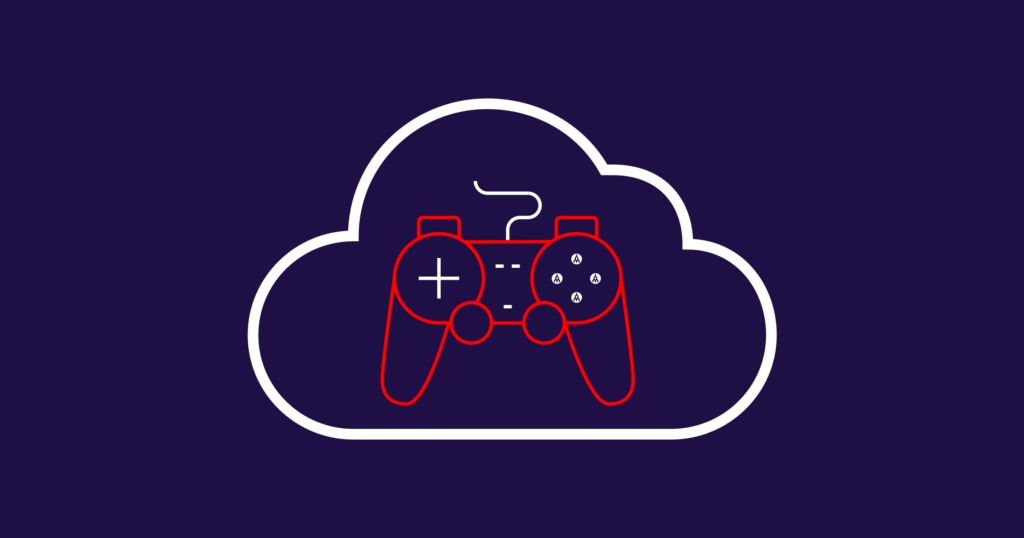The world of gaming has seen a dramatic transformation in recent years with the advent of cloud-based gaming platforms. These platforms are reshaping how games are played, distributed, and accessed, revolutionizing the gaming industry. In this article, we will delve into the surge of cloud-based gaming platforms, exploring what they are, their advantages, challenges, and the future they hold for gamers and the gaming industry.
Understanding Cloud-Based Gaming
What Are Cloud-Based Gaming Platforms?
Cloud-based gaming, also known as game streaming, is a technology that allows gamers to play video games via the internet, without the need for high-end gaming consoles or powerful gaming PCs. The games are hosted on remote servers, and players interact with them through streaming, similar to how we stream movies or music.
How It Works
Cloud-based gaming works by running the game’s software and processing on remote servers, with the game’s audio and video streamed to the player’s device in real-time. Players send their input commands to the cloud server, and the server processes these commands, allowing for seamless gameplay.
Advantages of Cloud-Based Gaming
Accessibility
One of the most significant advantages of cloud-based gaming is accessibility. Gamers can play high-quality, resource-intensive games on a wide range of devices, including smartphones, tablets, smart TVs, and low-end PCs, as long as they have a stable internet connection.
Convenience
Cloud-based gaming eliminates the need for gamers to invest in expensive gaming hardware. This convenience makes gaming more accessible to a broader audience, including casual gamers who may not have considered gaming before.
Instant Play
With cloud-based gaming, there’s no need for lengthy downloads or updates. Gamers can start playing immediately, reducing wait times and enhancing the overall gaming experience.
Challenges and Limitations
Latency
Latency, or input lag, remains a challenge in cloud-based gaming. It refers to the delay between a player’s input and the corresponding action in the game. High latency can lead to a less responsive and enjoyable gaming experience.
Internet Dependence
Cloud-based gaming is highly reliant on a stable and high-speed internet connection. Gamers with slow or unreliable connections may encounter issues such as buffering and disconnections.
Game Library
The availability of games on cloud-based platforms may be limited compared to traditional gaming platforms. Some popular titles may not be accessible through cloud gaming services.
The Future of Cloud-Based Gaming
Technological Advancements
As technology continues to advance, cloud-based gaming platforms are expected to overcome many of their current limitations. Innovations such as 5G networks and edge computing will significantly reduce latency, making cloud gaming more responsive.
Growing Market
The cloud gaming market is poised for substantial growth. Major players like Google, Microsoft, and Sony have entered the arena, and the competition will likely lead to improved services and broader game libraries.
Gaming Beyond Hardware
Cloud-based gaming represents a paradigm shift in the gaming industry. It blurs the lines between gaming devices, opening up new possibilities for cross-platform play and interconnected gaming experiences.
Conclusion
The surge of cloud-based gaming platforms is transforming the way we experience and enjoy video games. With their accessibility, convenience, and potential for future advancements, cloud-based gaming services are poised to become a significant force in the gaming industry. While they still face challenges such as latency and internet dependence, ongoing technological innovations and market growth are paving the way for a future where gaming is not bound by hardware but accessible to anyone with an internet connection. As cloud-based gaming continues to evolve, gamers can look forward to an exciting era of gaming that knows no boundaries.

